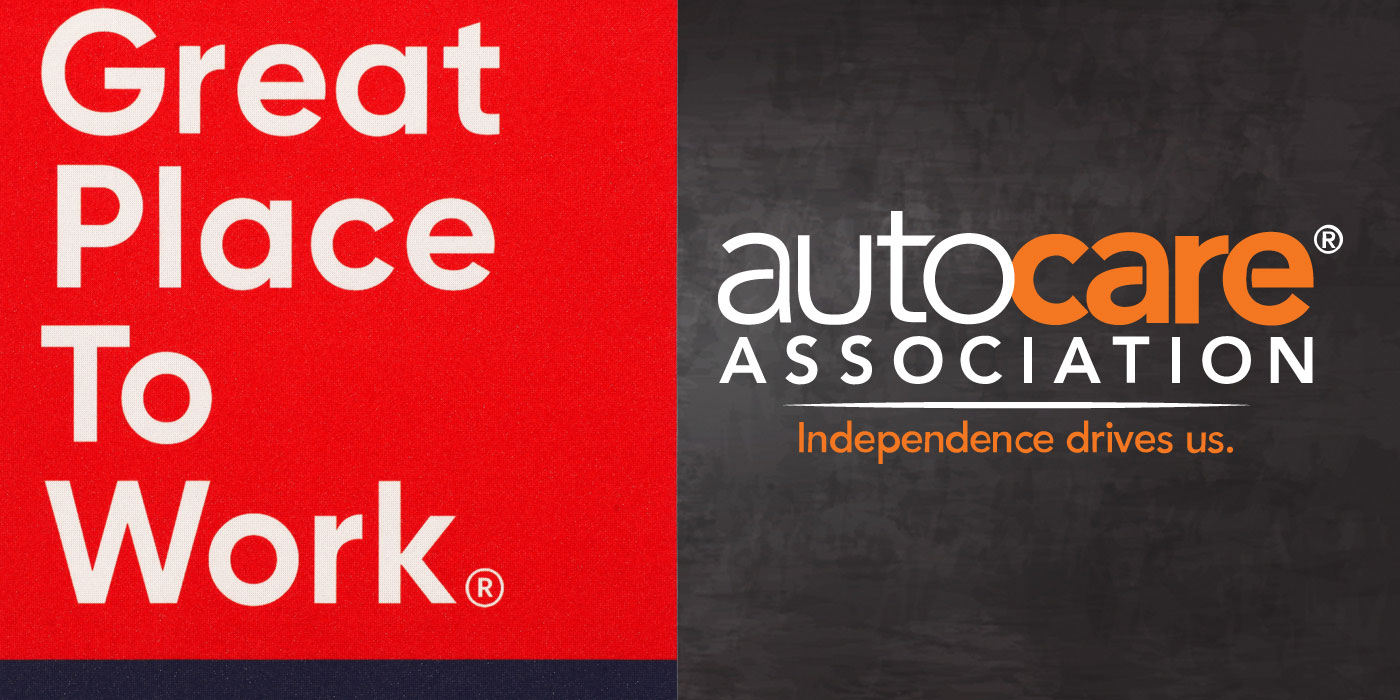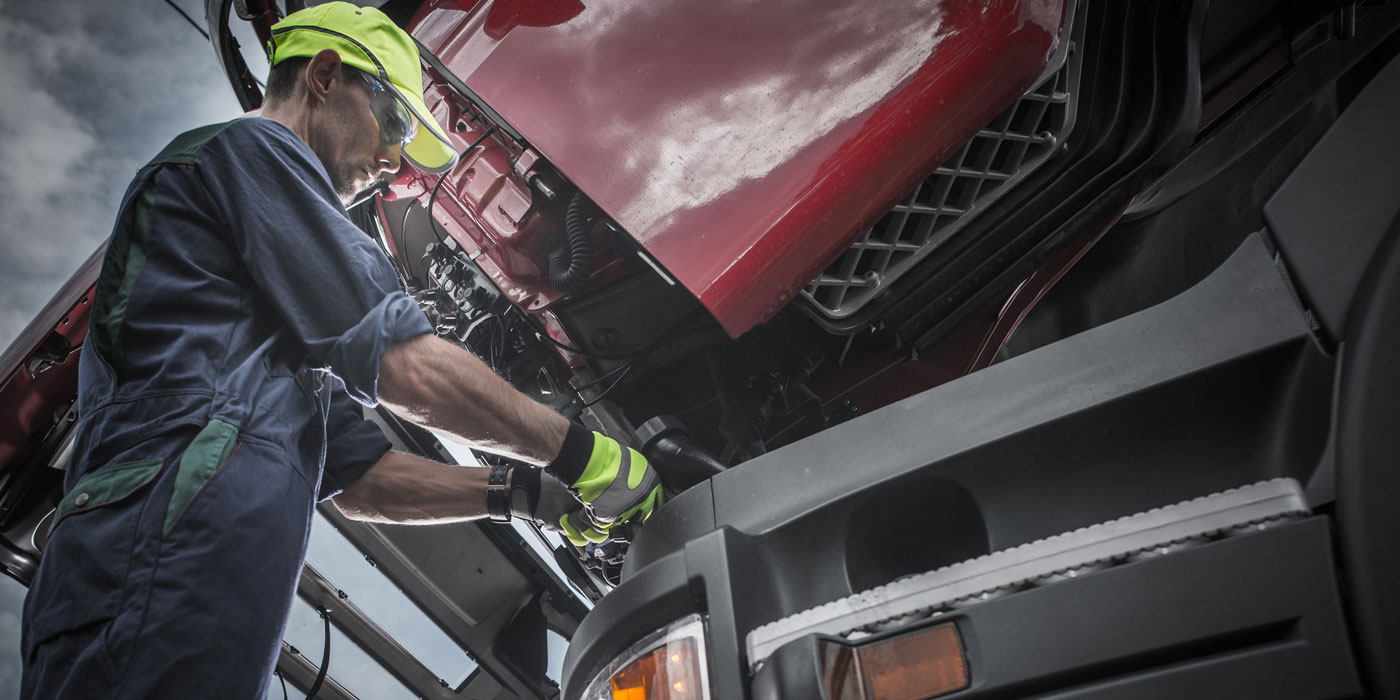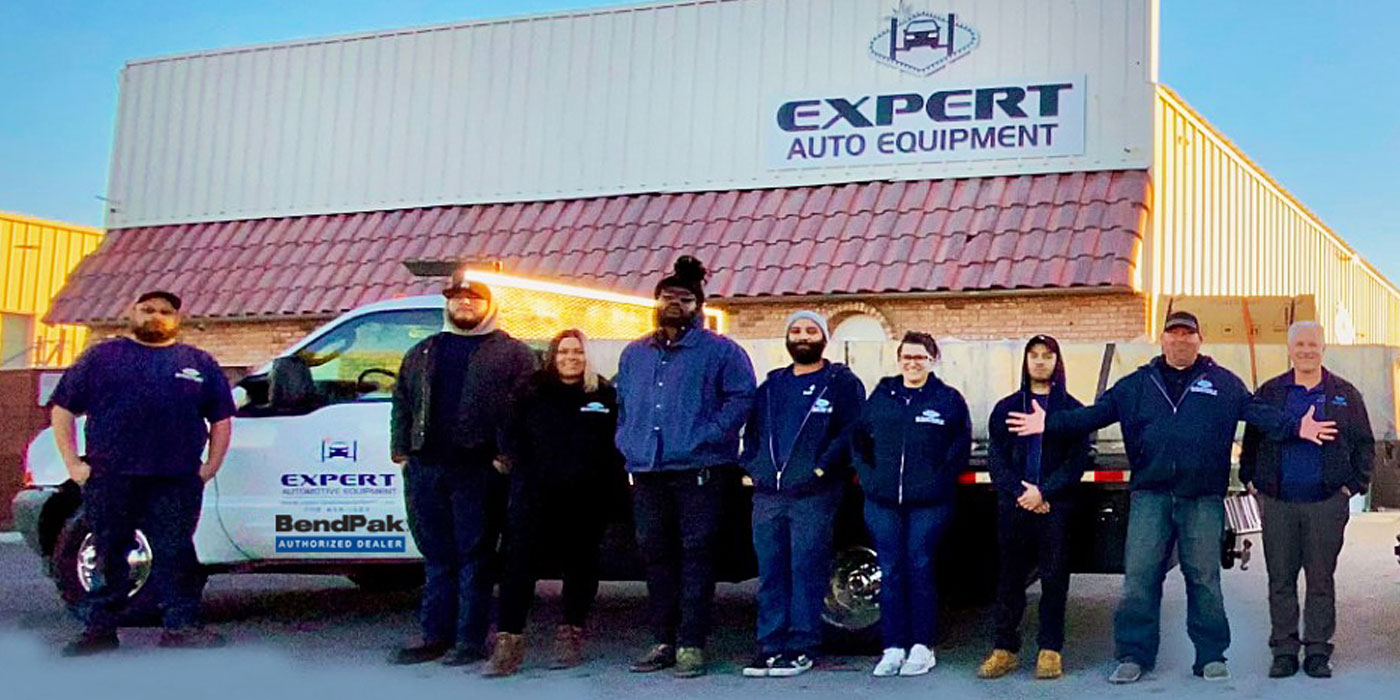People who work in convenience stores know that it’s illegal to sell cigarettes or beer to minors.
Those who work in auto parts stores should know that it’s also illegal for automotive parts stores to sell R-12 to "noncertified" do-it-yourselfers. Federal law restricts the sale of R-12 to anyone who has not passed an accredited EPA certification course for refrigerant recovery and recycling.
If you’re not asking for credentials, you should be. The EPA is cracking down on jobbers and individuals who sell R-12 to noncertified users. In Maryland, the EPA fined one man $15,180 for selling R-12 to an uncertified customer! That’s an expensive mistake to make.
Small cans of R-134a, however, can still be sold to anyone who walks in the door, but that may change. The EPA would like to ban R-134a can sales to noncertified individuals in order to reduce the growing problem of refrigerant cross-contamination. Wisconsin has already banned the practice, but in most areas there are no restrictions on R-134a sales.
Up until 1995, R-12 was used in virtually all automotive A/C systems. But R-12 was phased out of production in the U.S. and many other industrialized nations because it is a chlorofluorocarbon (CFC), a man-made chemical that contains chlorine. R-12 and other CFCs were banned under the revisions to the Clean Air Act because scientists discovered that the chlorine from CFCs was destroying the Earth’s ozone layer. This region of the upper atmosphere shields us against harmful ultraviolet radiation from the sun. R-12 was replaced with R-134a, an ozone-friendly gas that does not contain chlorine.
Other gasses cannot be used as refrigerants in automotive applications because they are flammable. Gases such as propane, butane and other flammable hydrocarbons have the right physical characteristics and are used as refrigerants in some nonautomotive applications (such as truck-trailer refrigerators), but are too dangerous to use in vehicles because of the potential for an explosion or a fire should they leak into the passenger compartment.
Flammable refrigerants are illegal under federal law and have also been banned by many states and local regulations. Yet flammable "substitutes" for R-12 keep turning up in the aftermarket and are often responsible for contaminating the refrigerant in many older vehicles. Bottom line: don’t sell such products.
RECYCLING AND VENTING
Federal law prohibits the venting of any type of refrigerant (R-12, R-134a or anything else) into the atmosphere, and the law requires R-12, R-134a and other "approved" refrigerants to be recovered and recycled when a vehicle is serviced. This creates a problem for service facilities if different refrigerants have been intermixed or a vehicle contains an unknown refrigerant.
To maintain the proper operating pressures inside an A/C system, the refrigerant must be pure and free from contamination. Contaminants include other refrigerants, air, flammable hydrocarbons and moisture. When two different refrigerants are intermixed, it changes the operating pressure and cooling properties of both. That’s why R-134a should never be used to recharge an older R-12 A/C system, unless the vehicle is being totally retrofitted to R-134a. R-12 and R-134a are chemically different and require different types of compressor oils. If the mineral oil in an older R-12 A/C system isn’t replaced with POE or PAG oil when it’s retrofitted and recharged with R-134a, a compressor failure may occur.
Vehicles should only be recharged with the same type of refrigerant that is already in the system unless an older R-12 system is being retrofitted. Though there are a number of EPA-approved refrigerant products that can be used in place of R-12 in older vehicles, the vehicle manufacturers and industry groups such as the Mobile Air Conditioning Society (MACS) say R-134a is the only refrigerant that should be used for retrofits.
Under no circumstances should anything other than R-12 be used to top off or recharge an older vehicle that still has R-12 in its A/C system. Mixing refrigerants causes cross-contamination and makes it impossible to recover and recycle the old refrigerant.
RELATED SALES OPPORTUNITIES
Any customer who needs refrigerant will likely need compressor oil too. If oil that has been lost is not replaced with the correct type and grade of oil, the compressor’s days may be numbered.
Replacement service fittings are another item that will be needed when converting an older vehicle from R-12 to R-134a. These are usually provided in a retrofit kit, which should also include a compatible compressor oil (POE or PAG). On some vehicles, o-rings or other seals may also have to be replaced. Some older compressors are also not compatible with R-134a (Kiehin and Nippondenso compressors with Viton seals in certain Japanese cars, and Ford FX-15 compressors).
A new accumulator or receiver/ dryer should be recommended if the customer’s vehicle has lost all of its refrigerant, has been opened for service (replacing hoses, seals, etc.) or has suffered a compressor failure.
Since there have been some pretty substantial changes in the A/C category recently, it’s important to keep up on the rules and regulations surrounding this product. It will keep your customer, business and environment safe.










